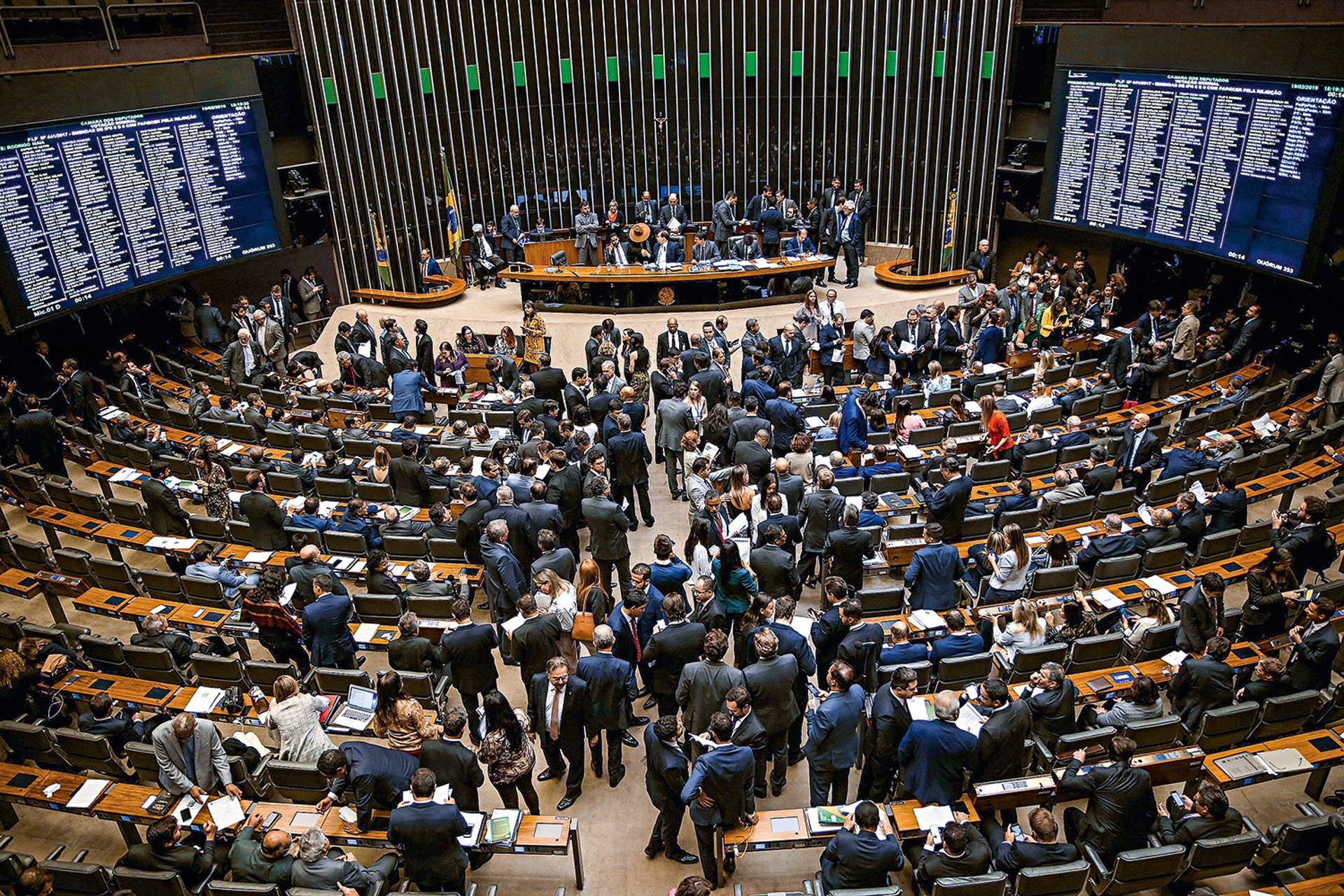
Brazil's Chamber of Deputies: Functions, Composition, and How It Works
The Chamber of Deputies is one of two houses of Brazil's National Congress, alongside the Federal Senate. It represents the Brazilian people and plays a key role in lawmaking, government oversight, and advancing public interests.
BPR
7/18/20251 min read
📌 Functions of the Chamber of Deputies
1. Legislative Role (Creating Laws)
Debates and votes on bills (including those proposed by the President, Senate, or citizens).
Can initiate legislation (except in areas reserved for the Senate).
Discusses and amends the federal budget.
2. Oversight Role (Checking Government Power)
Can summon ministers for questioning.
Launches Parliamentary Investigative Committees (CPIs) to probe wrongdoing.
Approves or rejects the President's annual budget report.
3. Representing the People
Deputies are elected to represent their states' populations.
They must advance both local and national interests.
🏛 Composition of the Chamber of Deputies
Total deputies: 513 (fixed number since 1993).
Distribution by state:
- More populous states get more deputies (e.g., São Paulo has 70, Rio de Janeiro 46).
- No state has fewer than 8 deputies or more than 70.Term length: 4 years, with unlimited reelection allowed.
⚡ How the Chamber Operates Daily
1. Voting Sessions
Plenary: Where major votes occur.
Thematic Committees: Analyze bills before plenary votes (e.g., Constitution & Justice Committee).
2. Voting Process
Simple majority (50% +1) for most bills.
Supermajority (3/5 or 2/3) for constitutional amendments.
3. Parties and Leadership
Party caucuses negotiate agendas and alliances.
Party leaders determine which bills get voted on.
🔍 Key Facts and Figures
Largest party in 2024: PL (99 deputies), followed by PT
Salary: R$ 46.366,19/month (plus office budgets). (8.192,49 USD)
Estimated annual cost: R$6.7 billion (including salaries and infrastructure)
⚠️ Criticisms and Challenges
Slow pace: Bills can take years to pass.
Patronage politics: Trading support for appointments and earmarks.
Party fragmentation: Many small parties complicate deal-making.
Brazil has a peculiar habit of electing celebrities and famous individuals who lack political experience. (Tiririca, Romário, Frank Aguiar, Clodovil and alot more..)
📌 Conclusion: How Powerful Is the Chamber?
Extremely. It can block the President's agenda, investigate the government, and shape federal spending. While vital to democracy, it faces efficiency and transparency challenges.
Track live sessions: Visit the Chamber of Deputies' official portal (Portuguese only).
NEWS
LEGISLATIVE POWER
EXECUTIVE POWER
JUDICIAL POWER
OPINIONS
Updates on Brazilian politics and economy.
ContaCT
© 2025. All rights reserved.
